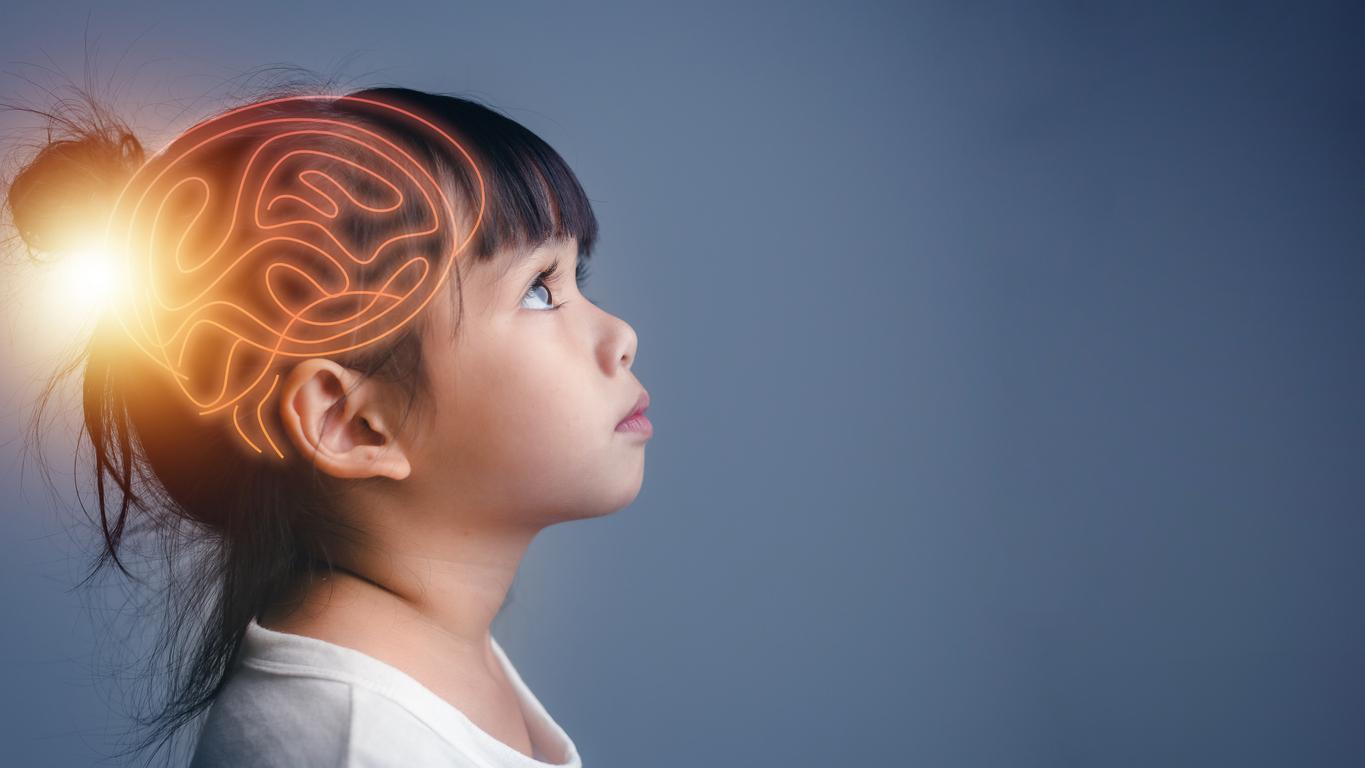Swedish researchers have observed a link between testicular cancer and men with a neurodevelopmental disorder such as autism or attention deficit disorder with or without hyperactivity (ADHD).

- Young men are most affected by the risk of testicular cancer.
- Very rare, a seminomatous testicular germ cell tumor is characterized by a painless mass in the scrotum.
- In a new study, a link has been found between neurodevelopmental disorders and the risk of developing testicular cancer.
Testicular cancers are the most common cancers in young men between the ages of 15 and 35. Depending on the type of cells from which the tumor arises, different forms of testicular cancer are distinguished.
Neurodevelopmental disorders: are patients at greater risk of testicular cancer?
In a new study, researchers from Uppsala University and Uppsala University Hospital (Sweden) have linked testicular cancer to men with a neurodevelopmental disorder such as autism or attention deficit disorder with or without hyperactivity (ADHD). Their work has been published in the scientific journal British Journal of Cancer.
In this research, scientists examined 6,166 patients with testicular cancer and 61,600 healthy men. The objective was to determine whether diagnoses of neurodevelopmental disorders prior to the diagnosis of cancer were more frequent in patients with testicular cancer than in the control group.
A low risk of seminomatous testicular germ cell tumor
Scientists have observed a significant increase in the risk of seminomatous testicular germ cell tumor, which manifests as a painless mass in the scrotum, within this first group.
However, the researchers revealed reassuring data: the increased risk seminomatous testicular germ cell tumor was less than one percent. The risk of testicular cancer therefore remains very low, even in boys and men with conditions such as autism and ADHD.
For now, the authors of the study do not know the causal link between testicular cancer and neurodevelopmental disorders. “We don’t know why we observe a link between neurodevelopmental disorders and testicular cancer risk, but we believe events in early life have an impact, perhaps even as early as the fetal stage,” said Anna Jansson, author of the research, a doctoral student at Uppsala University and a doctor at Uppsala University Hospital.


















